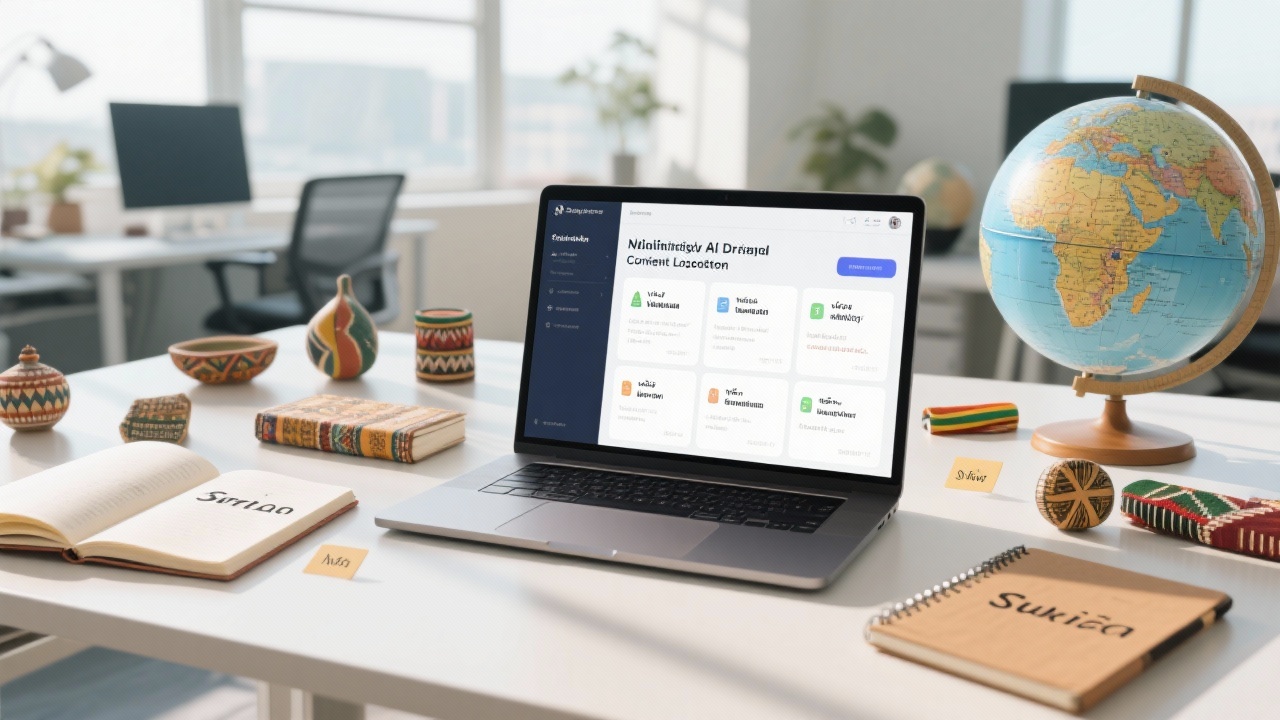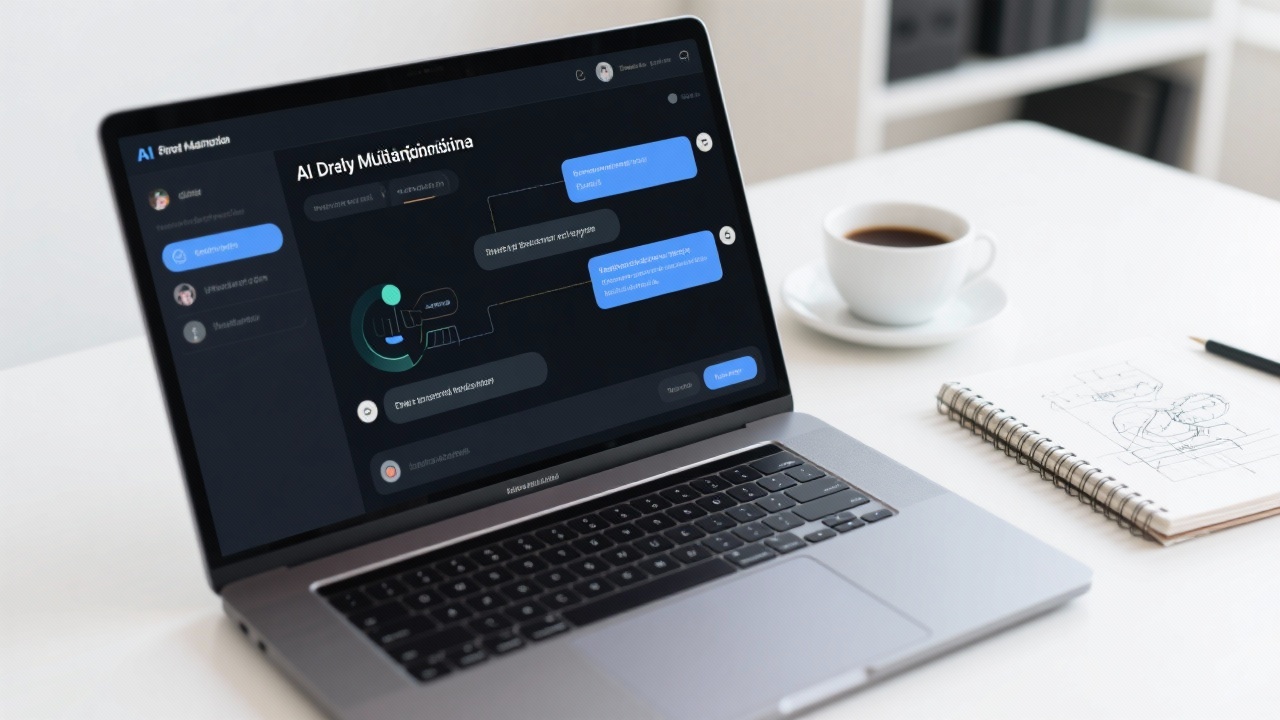 400-076-6558智领未来,外贸超级营销员
400-076-6558智领未来,外贸超级营销员
 400-076-6558智领未来,外贸超级营销员
400-076-6558智领未来,外贸超级营销员

In the highly competitive landscape of B2B global trade, timely and intelligent customer interaction is key to unlocking sales growth and reducing acquisition costs. Leveraging AI-powered customer service systems enables businesses to streamline inquiry management, qualify leads accurately, and automate nurturing—dramatically elevating the efficiency of the sales funnel. This article explores practical deployment of AI-driven chatbots and behavioral analytics within the full inquiry-to-conversion lifecycle, providing actionable insights supported by real-world success stories and zero-code tool configurations.
High-quality B2B leads do not appear out of thin air; they emerge from discerning visitor behavior patterns across websites and digital touchpoints. Modern AI customer service platforms embed real-time behavior tracking, monitoring page navigation, download actions, and engagement duration with precision. Industry benchmarks suggest that businesses implementing this form of tracking detect buying intent signals with up to 35% higher accuracy compared to traditional lead capture methods.
For instance, a Chinese machinery exporter integrated AI-based session analysis to identify prospects spending extended time on product specification pages. Triggered by these insights, automated chatbots proactively engaged visitors with tailored offers, pushing potential leads down the funnel with a reported conversion uplift of 27%.
Not all inquiries bear equal value. An AI-driven lead scoring model considers multiple variables—industry, company size, interaction frequency, and inquiry intent—to assign prospects a quantitative potential value. This prioritization allows sales teams to allocate resources efficiently, focusing efforts on leads with higher closure probability.
| Lead Attribute | Scoring Criteria | Weight |
|---|---|---|
| Industry Match | Consistency with product relevance | 30% |
| Company Size | Annual revenue or employee count | 25% |
| Engagement Level | Number of interactions within 30 days | 30% |
| Inquiry Specificity | Detail and urgency in inquiry message | 15% |
Utilizing this scoring methodology, a European electronic components supplier reduced cold call efforts by 40%, while increasing qualified lead conversions by 22% within three months of AI adoption.
The persistence in nurturing inquiries can make or break external sales funnels. AI customer service platforms offer automated multi-channel follow-ups via email, chat, or SMS without manual intervention. These follow-ups are customized based on lead scores and behavioral cues, optimizing message timing and content relevancy.
For instance, a US-based industrial parts manufacturer implemented an AI-driven nurturing campaign that reduced lead churn by 18% and shortened average sales cycle length by 12 days.
Zero-Code AI Deployment: Empowering Non-Technical Teams
Modern platforms support no-code AI workflows, enabling sales and marketing teams to independently create, test, and optimize chatbot interactions without IT dependencies. This agility promotes fast iteration, reducing time-to-market by up to 50%, yielding immediate gains in inquiry management and conversion rates.
Reinforcing AI-driven engagement, a synchronized SEO strategy targeting long-tail keywords such as “AI customer service for B2B export” and “automated inquiry conversion in trade” can significantly increase organic search visibility. Coupling chatbots with SEO-optimized websites and social media content multiplies lead acquisition channels, driving a diversified and sustained inquiry stream.
A South Korean textile exporter combined AI customer service deployment with high-frequency blog posts and LinkedIn campaigns, realizing a 45% growth in inbound qualified inquiries in under six months.


Embedding AI customer service into the inquiry conversion pipeline demands a strategic, data-informed approach, yet delivers remarkable benefits: accelerating decision cycles, enhancing user experience, and freeing sales personnel to close high-value deals.

.png?x-oss-process=image/resize,h_100,m_lfit/format,webp)
.png?x-oss-process=image/resize,h_100,m_lfit/format,webp)

.png?x-oss-process=image/resize,h_100,m_lfit/format,webp)
.png?x-oss-process=image/resize,h_100,m_lfit/format,webp)
.png?x-oss-process=image/resize,h_100,m_lfit/format,webp)
.png?x-oss-process=image/resize,h_100,m_lfit/format,webp)
